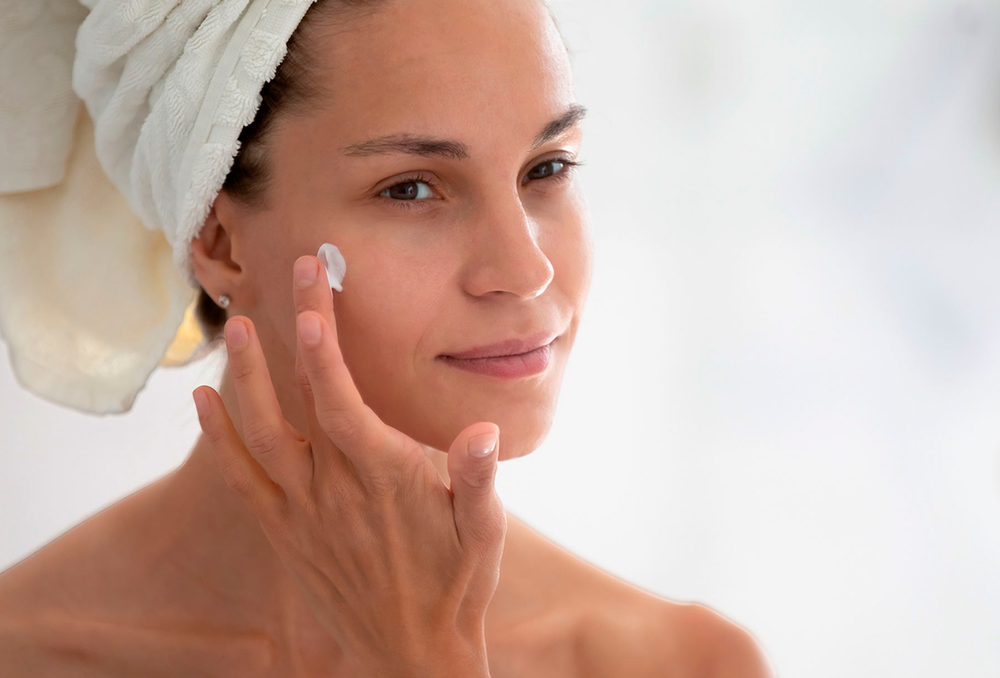Exposed Skin
Do you have sensitive skin? Is your skin exposed to irritants at work or home? Do you experience contact dermatitis? Then you might benefit from extra skin barrier protection.
Do you have sensitive skin? Is your skin exposed to irritants at work or home? Do you experience contact dermatitis? Then you might benefit from extra skin barrier protection.
Your skin barrier can be damaged if your skin is exposed to external irritants, such as excessive use of soap and water or frequent sanitizing.
When your skin barrier is damaged, your skin’s natural water content evaporates through the damaged barrier—leaving the skin dry. Your skin also becomes more susceptible to infections, irritants, and Staphylococcus bacteria. You also become more likely to develop contact dermatitis and allergies.
Red, dry, cracked hands can be caused by contact dermatitis, which can lead to itching, stinging, and burning.
Contact dermatitis occurs most often when the skin is exposed to frequent contact with irritants. These can include:
There’s a clear connection between how often, how long, and the extent to which hands are exposed to external irritants and the risk of developing contact dermatitis. It’s almost unavoidable in certain lines of work. In these cases, using a barrier cream will make the skin more resistant.
If you have dry skin or atopic eczema, there’s a higher risk of developing contact dermatitis on your hands because your skin barrier is already damaged.
Contact dermatitis on the hands is 2–3 times more common in women than men, and it’s most common in people ages 20–40.
Makeup exposes your skin to several potentially irritating chemicals. You can protect your skin barrier from potential irritation by applying a protective cream to your face before applying makeup.

If you suspect your rash is caused by an allergic reaction (allergic contact dermatitis), you should contact your healthcare professional. Your healthcare professional can help you determine the cause of the allergic reaction and explain how to prevent the symptoms from worsening.
biomee™ Barrier Protection is uniquely tailored to protect the skin barrier when your skin is exposed to external irritants at work or home. This barrier cream provides a protective yet invisible non-greasy barrier that makes your skin more resistant to irritation.